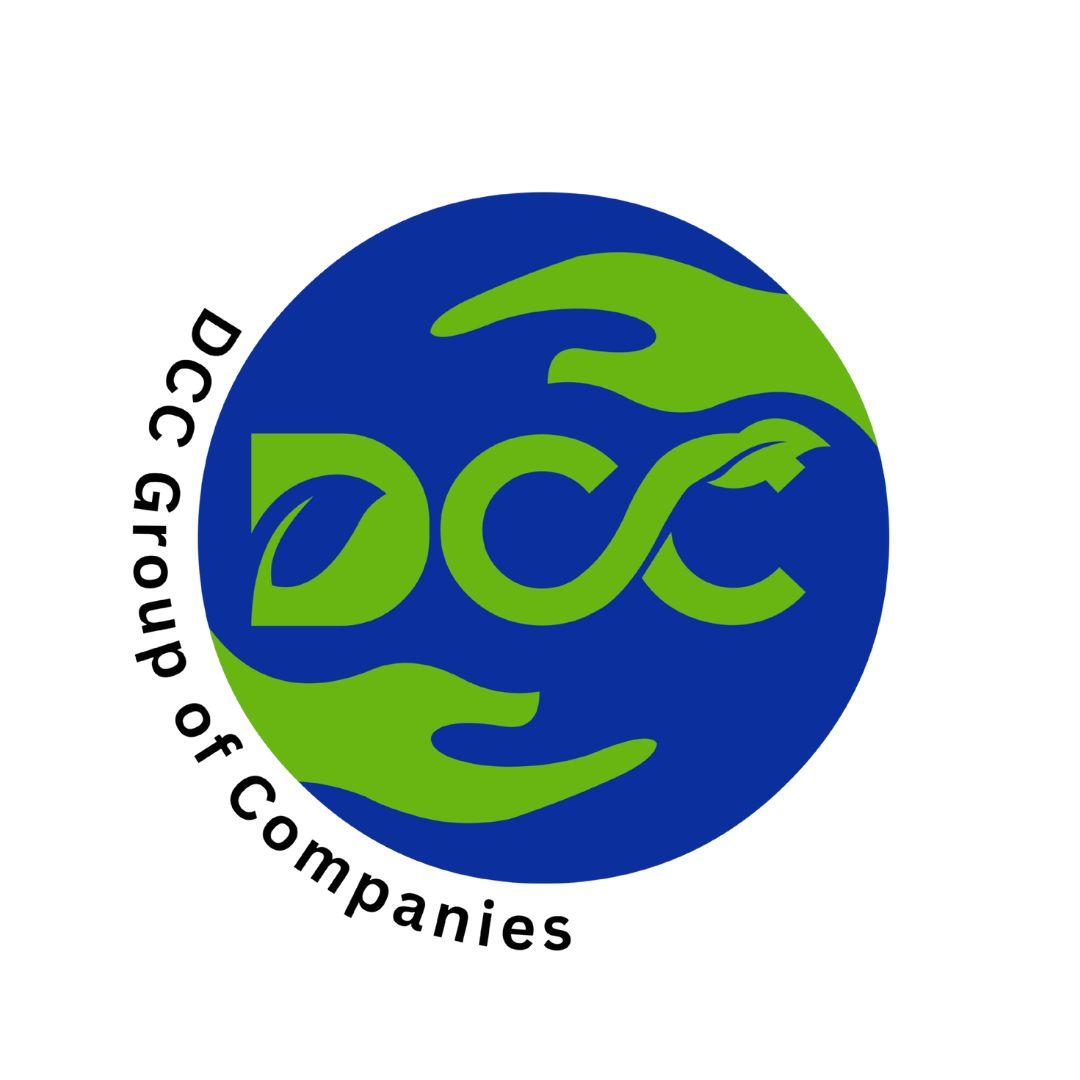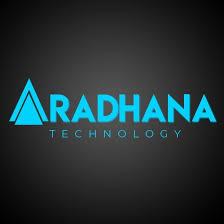Waste Screening Equipment: Enhancing Efficiency in Recycling Plants - DCC Group

India generates over 62 million tons of municipal solid waste (MSW) annually, with only 30% recycled, leading to overburdened landfills and environmental issues like methane emissions and groundwater contamination. DCC Group, a leading screening equipment manufacturer, is transforming recycling with advanced waste screening equipment. Integrated into MSW treatment plants, their recycling waste solutions enhance efficiency, supporting India’s circular economy and Swachh Bharat Mission.
The Role of Waste Screening Equipment
Waste screening equipment is critical for sorting mixed waste into recyclables, organics, and refuse-derived fuel (RDF), reducing landfill dependency. DCC, a premier waste screening machine manufacturer, designs systems like trommel screens, ballistic separators, and magnetic separators that process 10-500 tons daily with 95% sorting accuracy. In MSW treatment plants, these machines segregate waste by size, shape, and material type, producing clean material streams for downstream recycling, as noted in industry sources like zerowasterecycler.com.
The process begins with fresh waste entering the waste screening equipment, where trommels separate fines (soil, sand) from larger materials like plastics and paper. Ballistic separators categorize 2D (films, paper) and 3D (bottles, cans) fractions, while magnetic and optical sorters isolate metals and plastics. This efficient segregation, as seen in DCC’s Ghazipur project, which reclaimed 3.05 acres, diverts up to 90% of waste from landfills, supporting recycling waste solutions.
Enhancing Recycling Plant Efficiency
DCC’s waste screening equipment boosts recycling efficiency by producing high-purity recyclables, increasing their market value. Plastics are recycled into granules, organics are composted using OWC machines, and non-recyclables are converted into RDF, reducing fossil fuel use by 0.54 tons of CO2 per ton of waste processed. This aligns with India’s Solid Waste Management Rules, 2016, promoting resource recovery over disposal.
In urban centers like Delhi and Bangalore, DCC’s MSW treatment plants process thousands of tons daily, minimizing methane emissions (0.5 tons of CO2 equivalent per ton) and groundwater contamination. The decentralized approach reduces transport emissions by 0.3 tons of CO2 per ton, making it ideal for smart cities. As a leading screening equipment manufacturer, DCC integrates AI-driven sensors and IoT monitoring to optimize performance, ensuring minimal downtime and consistent output for recycling industries.
Challenges and Future Innovations
Inconsistent source segregation and high setup costs pose challenges, but DCC addresses these with automated systems and community education. The global waste management market, projected to reach USD 2.1 trillion by 2027, offers opportunities for DCC to incorporate blockchain for waste tracking and advanced AI for enhanced sorting precision, further improving recycling waste solutions.
A Sustainable Future with DCC
DCC Group’s waste screening equipment, designed by expert waste screening machine manufacturers, is revolutionizing MSW treatment plants. Contact them at info@zerowasterecycler.com or +91-7290049003 to explore how their solutions can drive your city’s zero-waste goals, fostering sustainable, cleaner, and greener urban development across India.







